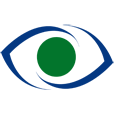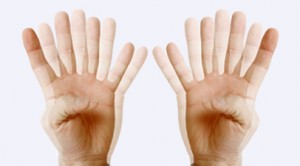During a person’s lifetime his prescription for glasses will change many times, perhaps once every five years, but occasionally even once a year. The refraction generally changes at a much more rapid rate during puberty, associated with the general growth of the rest of the body. In addition, the prescription of one’s glasses will change at a very fast rate in the late sixties and early seventies when cataract begins to become an issue. During this period the lens is partially clear, slowly turning to a yellowish hue, which indicates deterioration and the impending necessity of a cataract operation.
A person whose vision for objects in the distance was more or less stable for most of his life (and hence did not need glasses for distance) will generally around the ages of sixty or seventy, suddenly begin to sense a need for glasses felt as blurred vision, that will be confirmed by an optometrist or ophthalmologist, and, who every year (or even half a year) will require a change in the refraction (power of his glasses). This generally implies that within a few years the cataract will mature in the person’s eye and he/she will need cataract surgery in the not so distant future.
As opposed to the changes in distant vision (as described above), where it is common to find a faster rate of change during puberty and when reaching the age of sixty to seventy (a period I refer to as pre-cataract), the changes in a person’s vision for reading generally begins, in a person who never required glasses, around the age of 45. There are those fortunate people who are lucky and who will not require reading glasses until they reach the age of 48-50. However, there are also those who merely because of shyness or, alternately because of a large ego (“this can’t be happening to me…”) will try to get along without reading glasses even as late as the ages of 48-49, although at “the price” of holding the reading material as far away as possible (until “my hands are simply not long enough to hold the book so that I can see clearly”). No matter how you look at it (or deny, or repress it), it is almost certain that around the age of 50 you will require reading glasses, even though your whole life you never needed glasses.
In a cynical manner one may say that reading glasses are the “sweet revenge” of those (‘four-eyed’) kids who required glasses since their childhood, against those who laughed at them throughout school. Starting at age 45-48 the power of one’s reading glasses will grow by one half of a diopter every three-four years (and sometimes five years), until age 60-65 at which time the number generally stabilizes at around plus 3 diopters.

